Eric Morel

Eric Morel is a worldwide recognised expert of energy transition and digitalisation. In the past, he has served as VP Corporate Business Strategy and VP Global Smart Grids and Energy Efficiency at Schneider Electric as well as CEO of Ilevo, a telecommunication start-up. He is a founding member and a former Board member of the Gridwise Alliance, the main professional private/public association dedicated to Smart Energy.
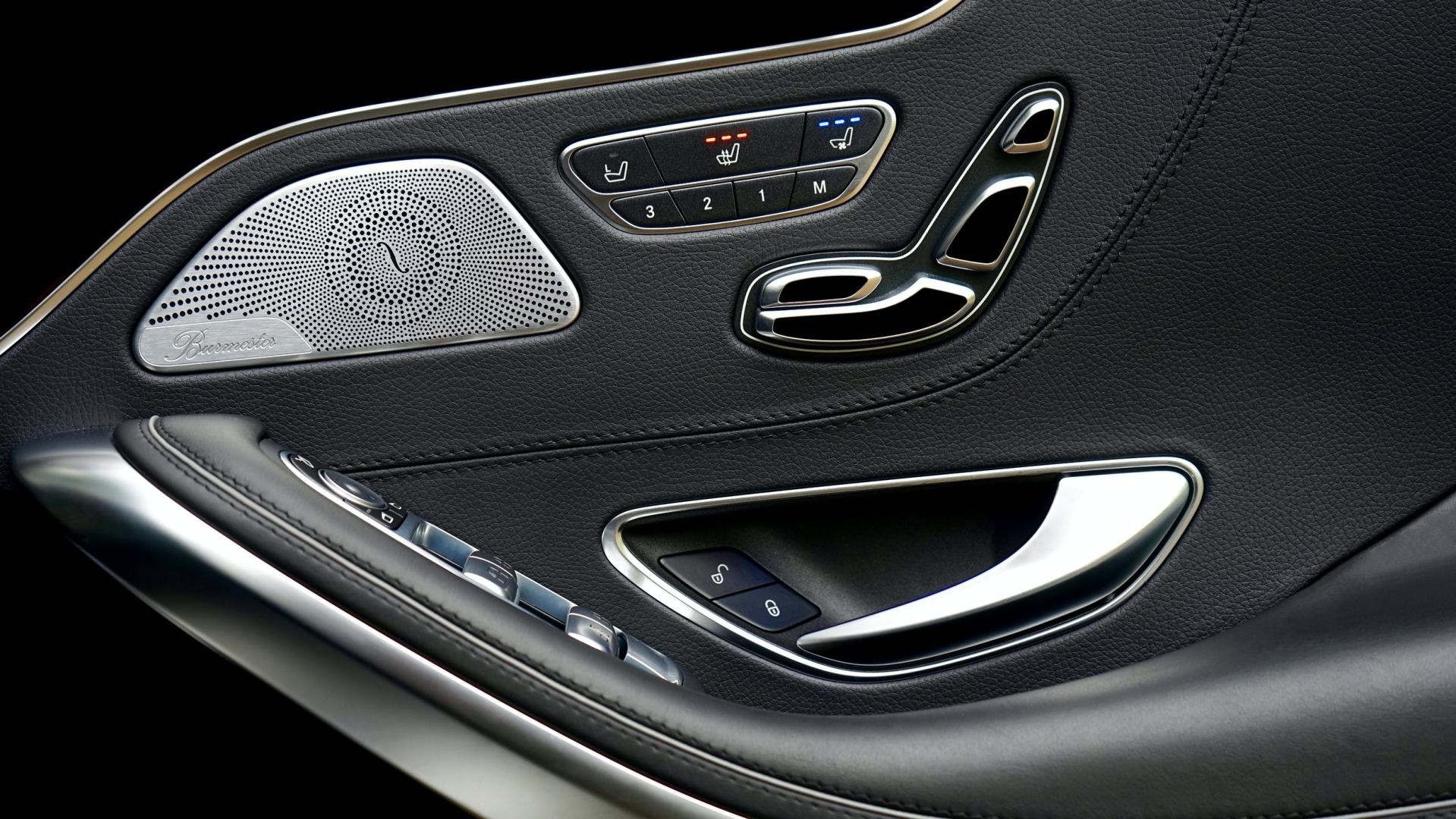
The public opinion usually associates the greenhouse effect with CO2 emissions because they are ubiquitous emissions in our daily lives.
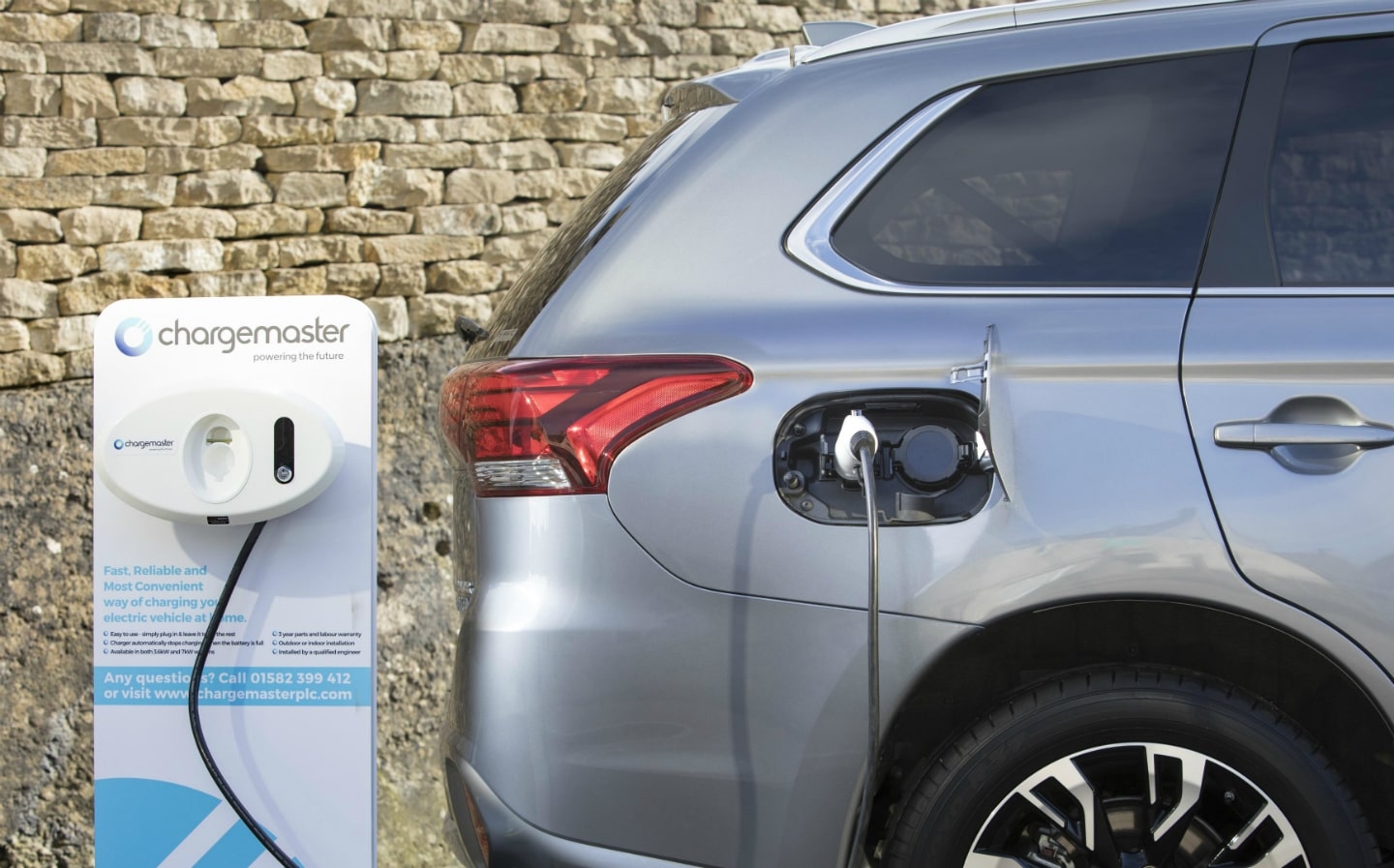
A year ago, I was the happiest man: I had just acquired a plug-in hybrid vehicle.
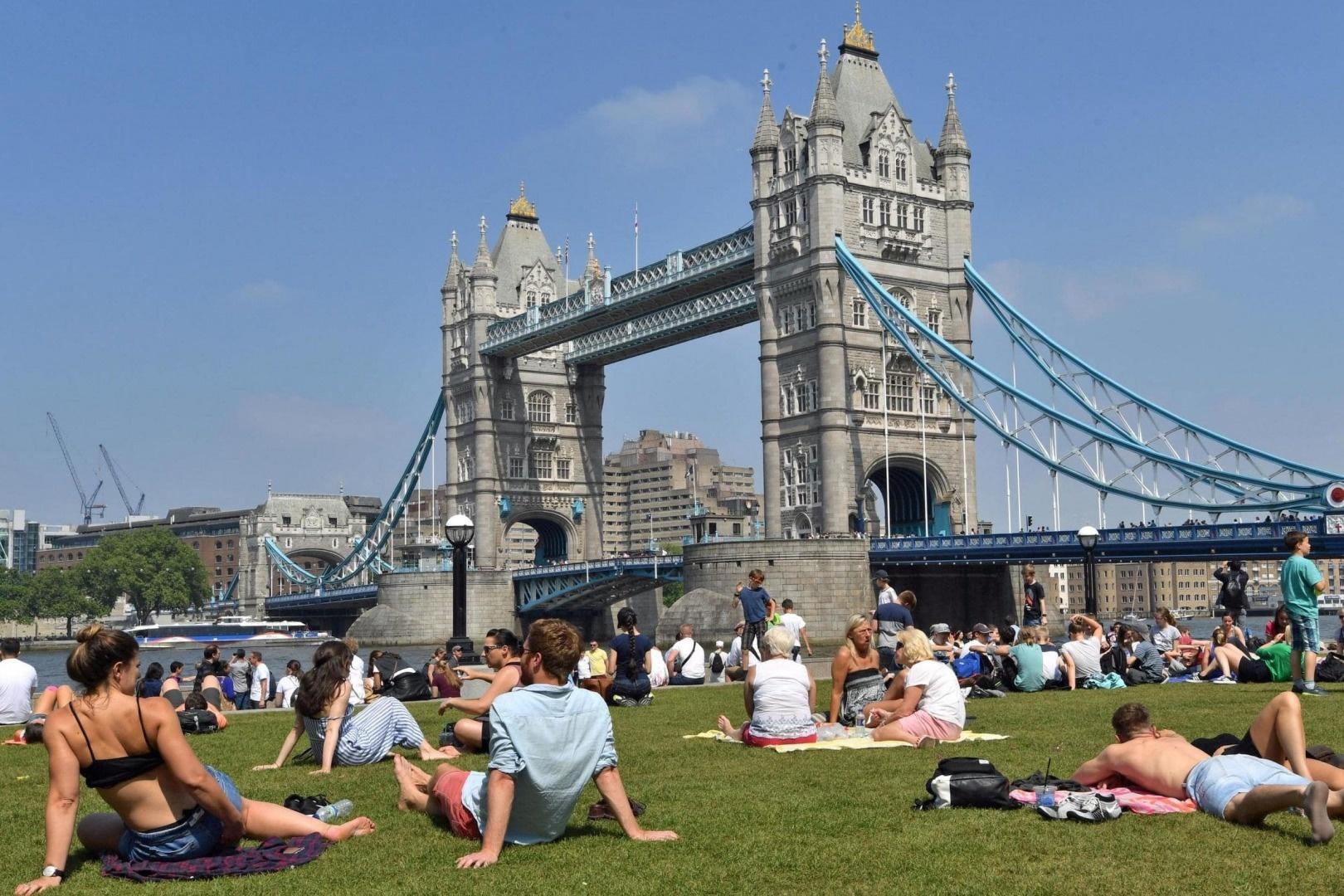
Covid-19 has accelerated the digitisation of the energy industry and the demand for renewable resources.

Why try to bring together two trends that are emerging in force today in the energy world?

The fight against climate change continues. Decision makers are more likely to think twice now thanks to the coronavirus.

Consumers, tertiaries, industrials and even local authorities, position themselves in a very personal way to prepare for the energy transition and its different challenges.
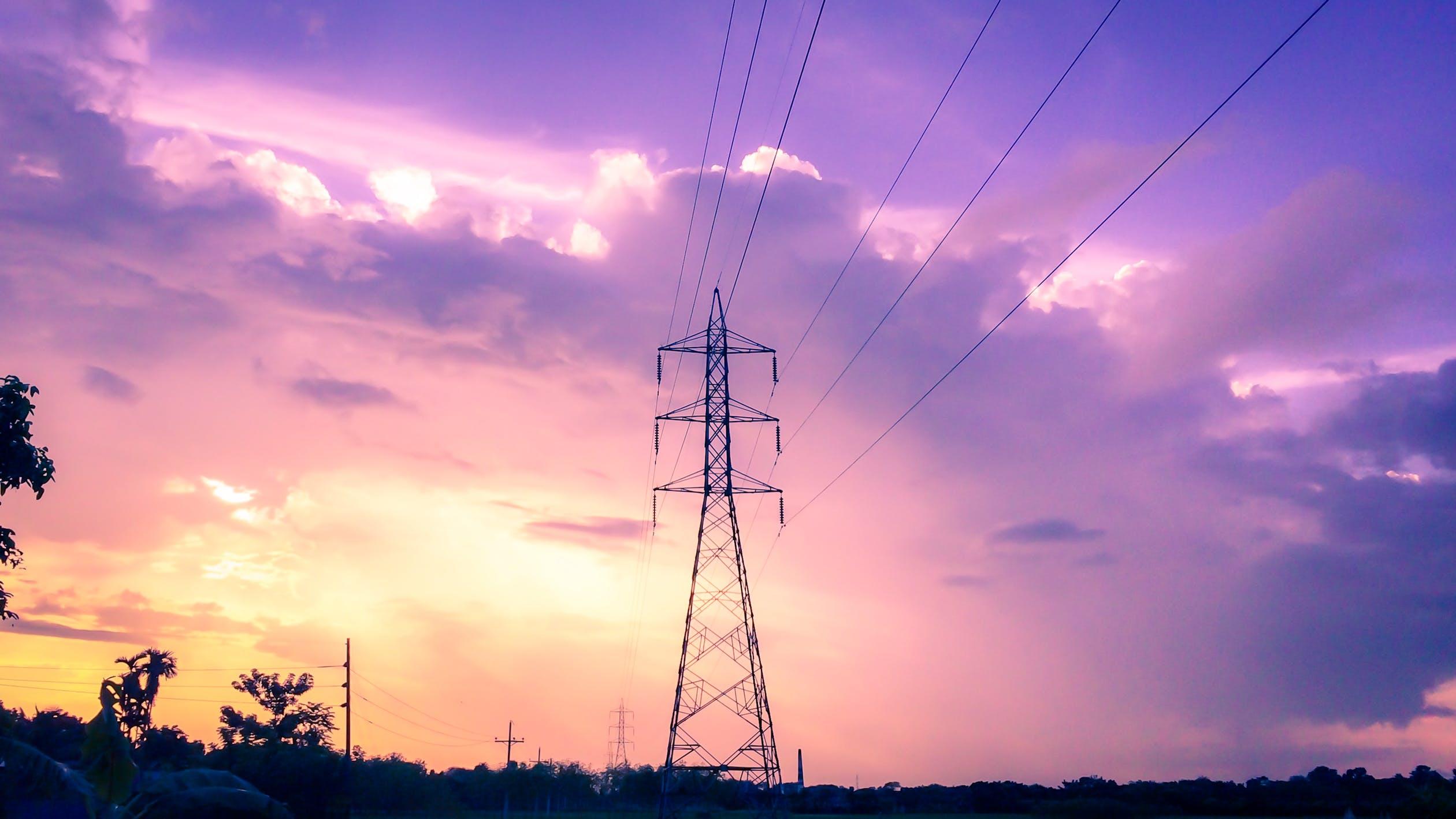
The liberalization of the market has been on the agenda of European energy companies for 20 years. Imposed by regulation, it aimed to open the energy market to competition, electricity first, gas in a second time.
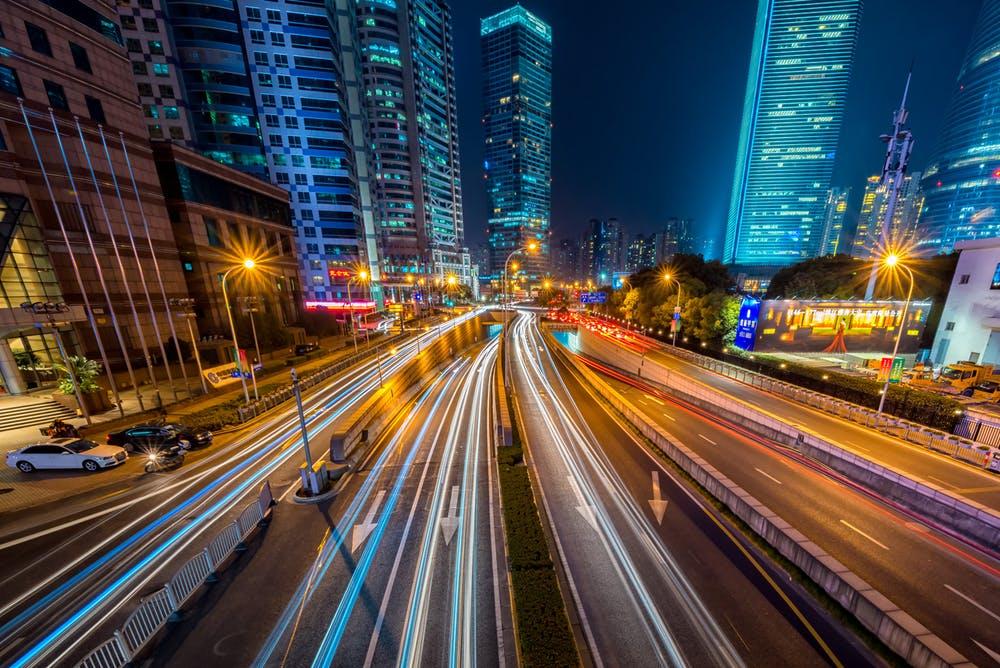
This question is a symbol of ongoing developments in the energy field; channeling the production of centralized units to dispersed consumers requires a distribution infrastructure such as the networks we have been accustomed to, so much so that they are an integral part of the “landscape” and so that it is difficult for us, Westerners, to imagine alternative schemes.
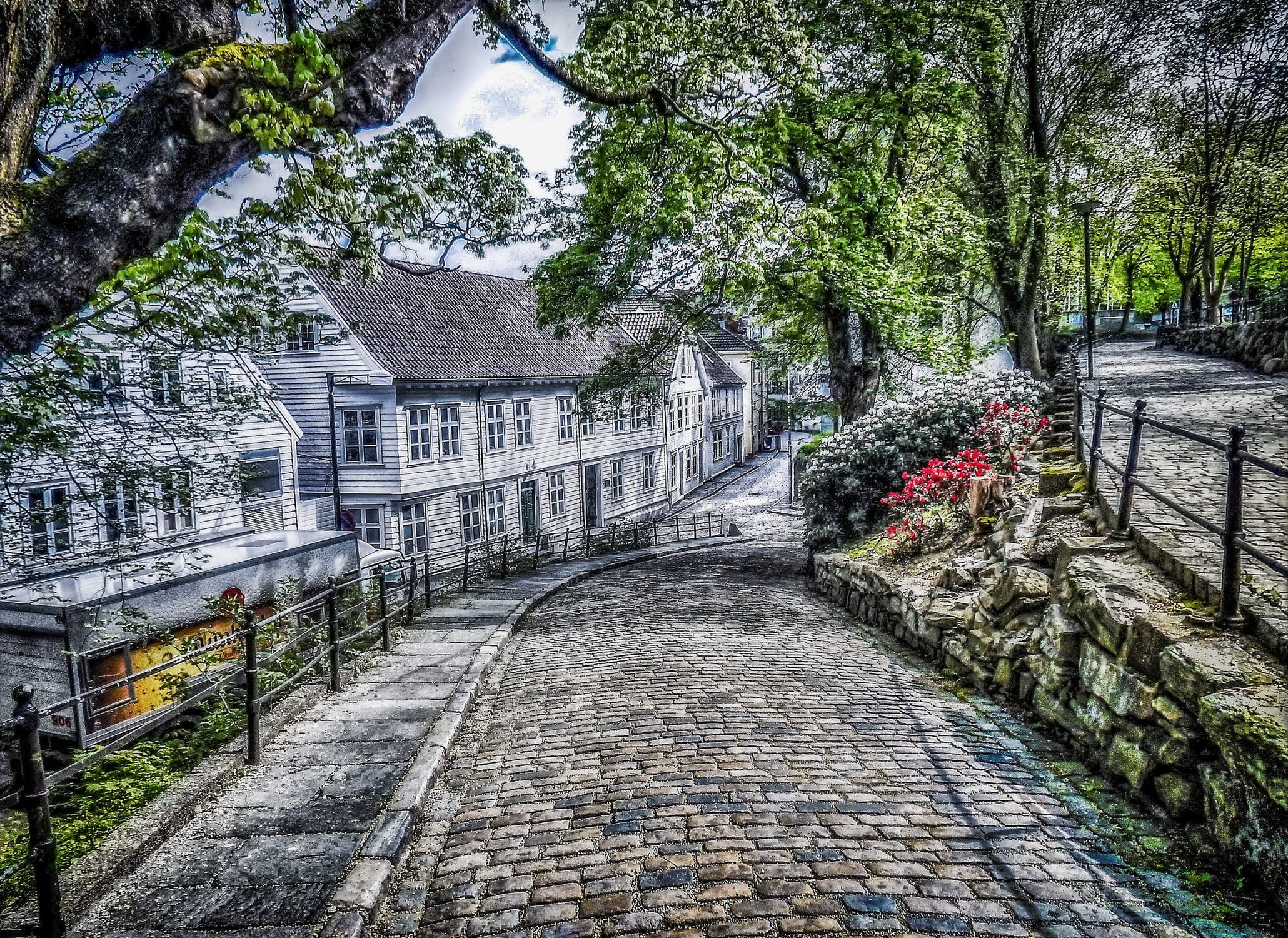
The proximity of energy companies with their customers has been developed historically in some countries, where energy suppliers have remained local (Germany, Switzerland) or even regional (Austria, Finland). These local energy companies today generally enjoy a strong image, a reputation well above average and a strong trust granted by customers. They are seen as legitimate for developing, for example, service activities for which the major national players are sometimes perceived as illegitimate.
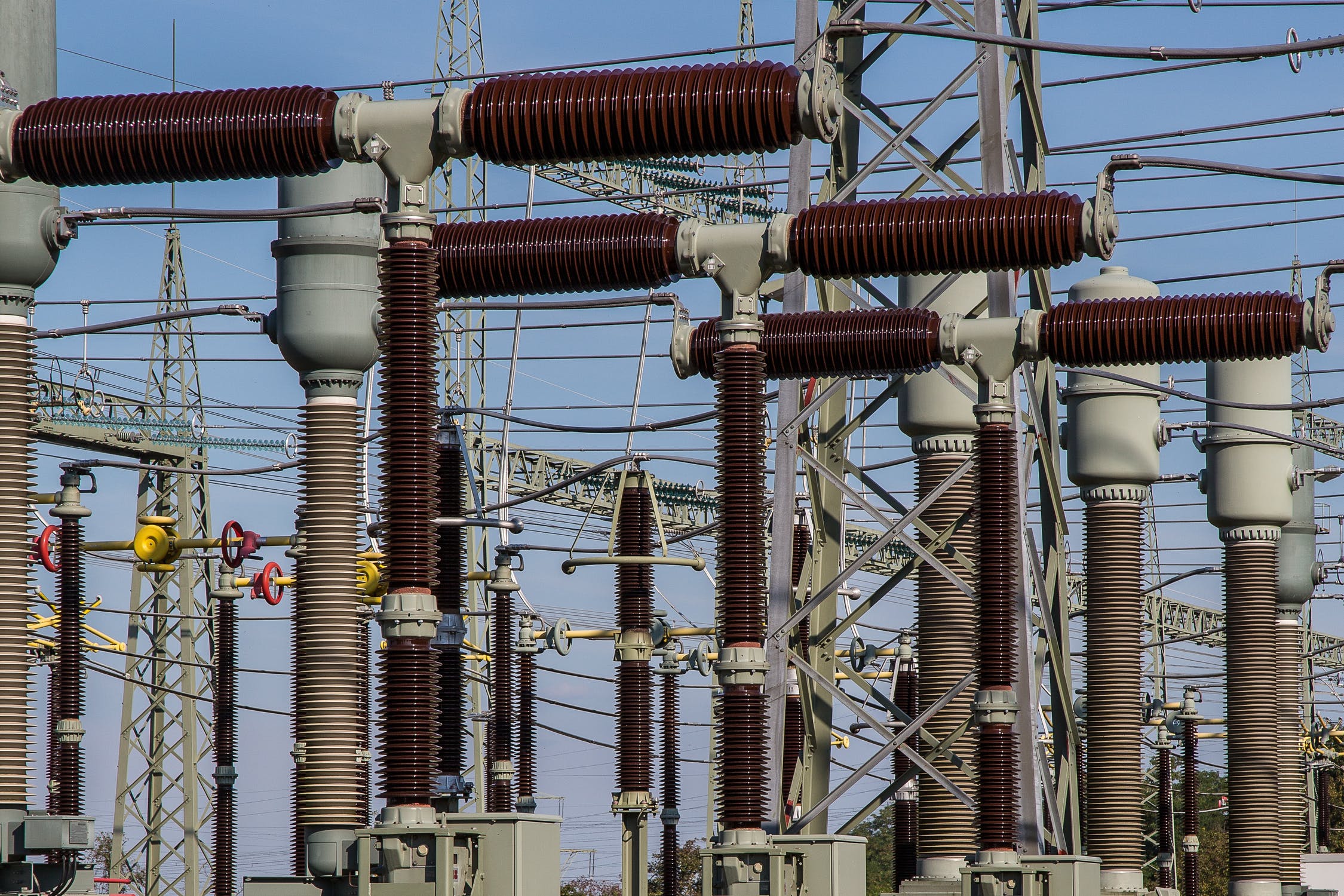
Until now, the building energy standards that have prevailed in Europe have been technical specifications recommending the implementation of technologies and solutions to achieve a partial technical performance.
By visiting our website you agree that we are using cookies to ensure you to get the best experience.
We use cookies to ensure you to get the best experience on our website. If you decline the use of cookies, this website may not function as expected.
Tools used to analyze the data to measure the effectiveness of a website and to understand how it works.